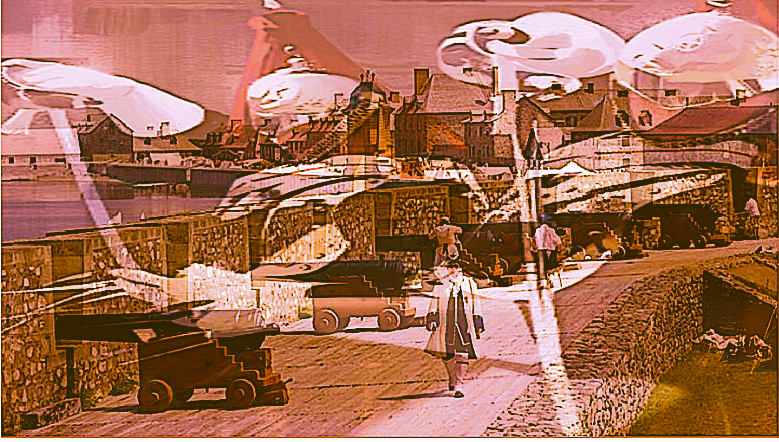Theriault's Acadian Revolution: Redefining French Canadian Contemporary Song Lyrics Beyond Traditional Gatekeepers
"Cajun Dead" et" le talkin stick," seismic shift in contemporary French Canadian song and music expression that challenges the cultural authority
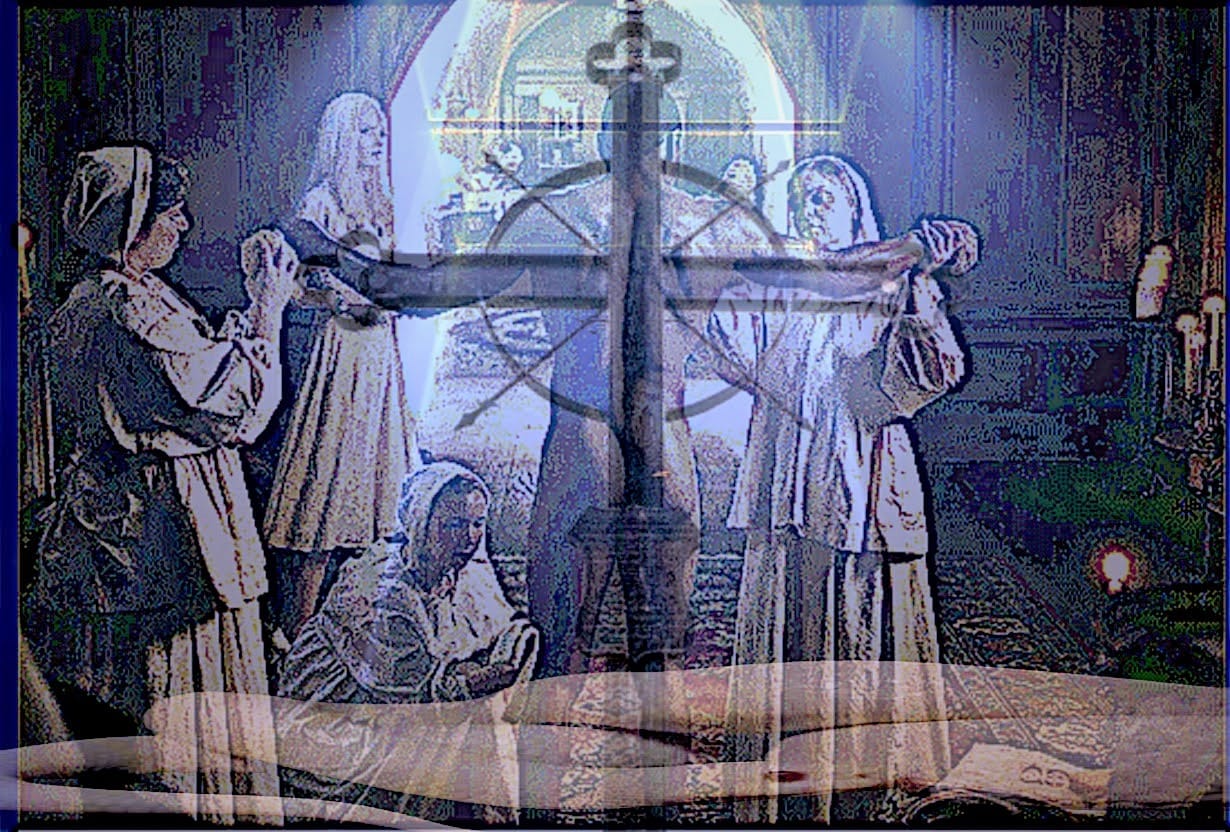

In the windswept tourist brochure corners of Atlantic Canada, where Acadian culture has weathered centuries of displacement and assimilation pressures, a musical revolutionary is emerging from the cultural margins. Song lyricist Theriault, with his provocative catalogue including works like "Cajun Dead "and Talkin' Stick," represents far more than a fleeting artistic trend—he embodies a seismic shift in contemporary French Canadian expression that challenges the very foundations of culturally oligarchically ruled authority in the region.
While appointed cultural bureaucrats collect their paychecks and maintain silence on the socio-economic realities plaguing Atlantic Canadian communities, Theriault's unflinching lyrical narratives cut through the manufactured consensus with surgical precision. His work doesn't seek validation from the ruling cultural oligarchy; instead, it bypasses these gatekeepers entirely, speaking directly to a generation of Acadians who recognize their lived experiences in his raw, uncompromising artistic vision.
This isn't about following Facebook trends—it's about creating a new benchmark for authentic cultural expression that refuses to be sanitized, commodified, or silenced by institutional indifference. Theriault's emergence signals a broader awakening within Acadian consciousness, one that demands recognition of contemporary realities while honouring ancestral resilience.
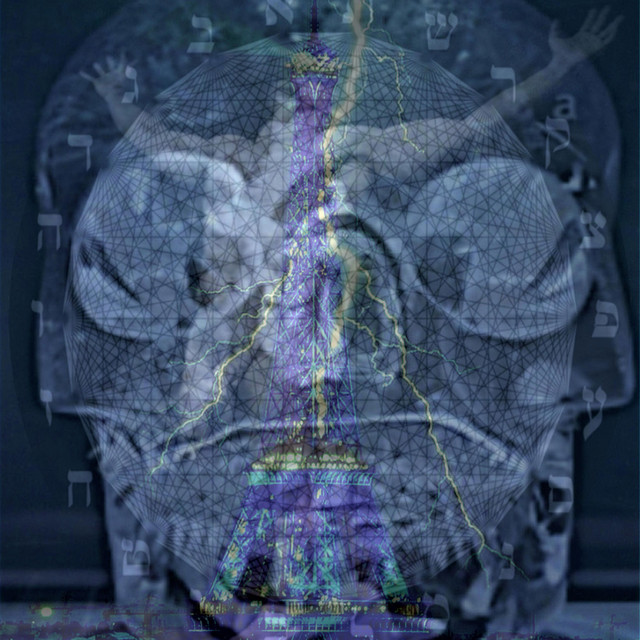
Breaking Free from the there for the paycheck Cultural Oligarchy: Theriault's Independent Artistic Vision
The traditional cultural landscape of French Canada has long been dominated by gatekeepers who determine which voices deserve amplification and which stories merit telling. These institutional guardians, comfortable in their bureaucratic positions, have consistently favoured sanitized narratives that avoid confronting the harsh socio-economic realities facing Atlantic Canadian communities today.
Theriault's approach fundamentally rejects this system of cultural validation. His song catalogue operates outside the approved channels, directly addressing issues that mainstream cultural institutions prefer to ignore—economic displacement, generational poverty, cultural erosion, and the systematic marginalization of Acadian voices in broader Canadian discourse. While cultural bureaucrats meet and process their grants, real artistic innovation happens in grassroots spaces where Theriault's music resonates.
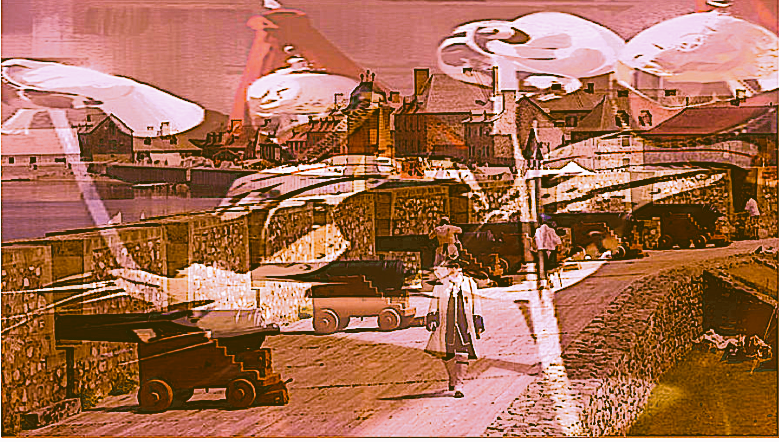
The French Version makes a great read as well.
His work represents what happens when authentic cultural expression refuses to seek permission from established authorities. Songs like "Cajun Dead" don't emerge from focus groups or cultural committees—they spring from the lived experience of communities that mainstream media has effectively written off as casualties of globalization and assimilation.
This independent approach creates a direct line between artist and audience, bypassing the traditional filters that have historically controlled which Acadian voices reach broader audiences. Thiérrault's growing influence demonstrates that contemporary cultural relevance doesn't require institutional blessing—it requires truth, authenticity, and the courage to speak uncomfortable realities.
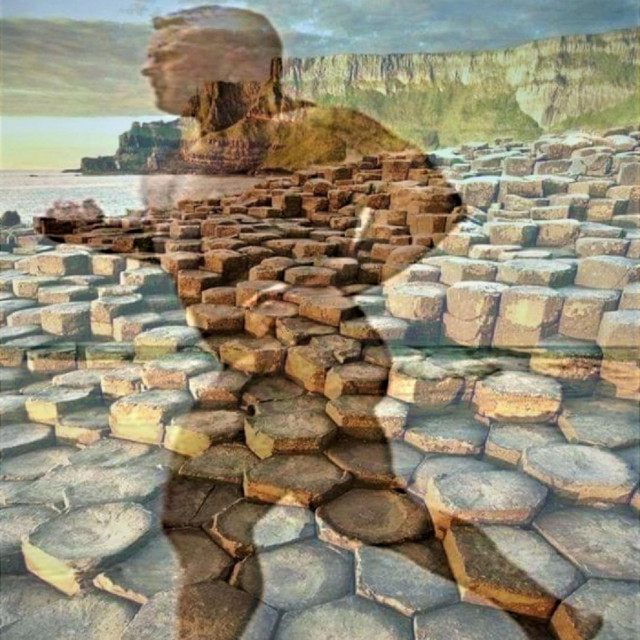
Addressing the Socio-Economic Ghetto Reality of Atlantic Canada instead of Insular Pride and Kitchen Parties
While mainstream media crafts narratives of Atlantic Canadian "resilience" and tourist brochure "maritime charm," Theriault's lyrics excavate the buried truths of regional economic decline, brain drain, and systematic neglect. His work doesn't romanticize struggle—it names it, examines it, calls it out by its name and refuses to let comfortable lies substitute for difficult conversations about structural inequality in the Zombie corporation of the Heritage Patrimonial industry run by ten xenophobic, self-centred, self-serving, straight white racist bastards at the wheel.
The socio-economic ghetto reality of Atlantic Canada isn't a temporary setback—it's a deliberate outcome of policies that prioritize central Canadian interests while treating the Maritimes as a resource extraction zone and tourist destination. Young Acadians watch as their communities hollow out, with economic opportunities disappearing and cultural institutions offering only nostalgic preservation rather than dynamic evolution.

Theriault's artistic response to these conditions doesn't seek to comfort or reassure. Instead, his work functions as cultural documentation of a community under siege, capturing the frustration, anger, and determination of people who refuse to disappear quietly into statistical irrelevance. His lyrics become historical records of a moment when Acadian culture faced a choice between managed decline and revolutionary renewal.
The power of his approach lies in its refusal to separate cultural expression from economic reality. While appointed cultural representatives focus on heritage preservation and safe cultural programming, Theriault creates art that acknowledges how economic marginalization directly impacts cultural survival and artistic possibility.

All the rope they need to hang themselves.
The Great Reset and Acadian Cultural Evolution
As global economic and social systems undergo unprecedented transformation leading up to 2030, Theriault's work positions Acadian culture not as a historical artifact to be preserved, but as a dynamic force capable of adapting and driving change. His artistic vision anticipates a future where authentic cultural expression becomes increasingly valuable as manufactured consensus systems lose credibility.
The "great reset" represents both threat and opportunity for marginalized communities like the Acadians. As dominant systems undergo restructuring, space opens up for alternative voices and previously suppressed narratives to emerge. Theriault's catalogue functions as advanced preparation for this cultural shift, building audience awareness and artistic infrastructure outside traditional institutional channels.
His work, including "Le Talkin Stick," demonstrates how Acadian artistic expression can incorporate global awareness while maintaining cultural specificity. This isn't about abandoning tradition—it's about evolving tradition to meet contemporary challenges while preserving essential cultural DNA.
The "silent acadian lambs" reference in his work serves both asa critique and a call to action. Theriault's art asks uncomfortable questions about cultural passivity and institutional dependence, challenging communities to move beyond the comfortable victimhood of deportation and toward active cultural agency.

Setting New Benchmarks for Contemporary French Canadian Arts in need of change
Thériault's influence extends beyond individual songs or albums—his entire approach represents a methodological shift in how French Canadian artists can engage with contemporary reality. By refusing to seek validation from established cultural authorities, he creates space for other artists to develop independent voices and authentic expressions.
This benchmark-setting function operates on multiple levels. Artistically, Theriault demonstrates how contemporary Acadian expression can be both globally relevant and culturally specific. Professionally, he shows how artists can build sustainable careers without relying on traditional institutional support systems. Politically, his work proves that marginalized voices can achieve cultural impact without compromising their essential messages.
The ripple effects of this approach are already visible in younger Acadian artists who reference Theriault's methodology as they develop their own voices. His influence creates permissionless Web3 structures for authentic cultural expression that don't require institutional approval or mainstream media validation.
As cultural gatekeepers struggle to maintain relevance in an increasingly decentralized media landscape, Theriault's example points toward a future where artistic merit and audience connection matter more than bureaucratic blessing or grant approval.
Frequently Asked Questions
Q: What makes Theriault's approach different from other Acadian musicians? A: Theriault operates completely outside traditional cultural institutions, addressing contemporary socio-economic realities that mainstream Acadian cultural representatives typically avoid. His work functions as direct community communication rather than approved cultural programming.
Q: How does Theriault's music address the economic challenges facing Atlantic Canada? A: His simple yet relevant lyrics directly confront issues like economic marginalization, brain drain, and regional neglect that mainstream Bell Honky media and cultural institutions prefer to ignore. His work documents the lived reality of communities facing systematic economic disadvantage.
Q: What role do cultural gatekeepers play in suppressing authentic Acadian expression? A: Traditional cultural authorities often favour dull, uninspired, sanitized narratives that avoid controversial topics, effectively filtering out voices that challenge comfortable assumptions about Acadian life and prospects.
Q: How does Theriault's work prepare Acadian culture for future changes? A: By developing independent artistic Web3 infrastructure and audience connections outside institutional channels, his approach builds cultural resilience that doesn't depend on traditional financial support systems that will not survive major economic and social transitions.
Q: What impact is Theriault having on younger Acadian artists? A: His success in building an independent cultural platform demonstrates alternative pathways for authentic artistic expression, since the walled garden oligarchs do not want to have anything to do with him, inspiring other artists to develop their voices without seeking institutional validation or compromising their essential messages.
